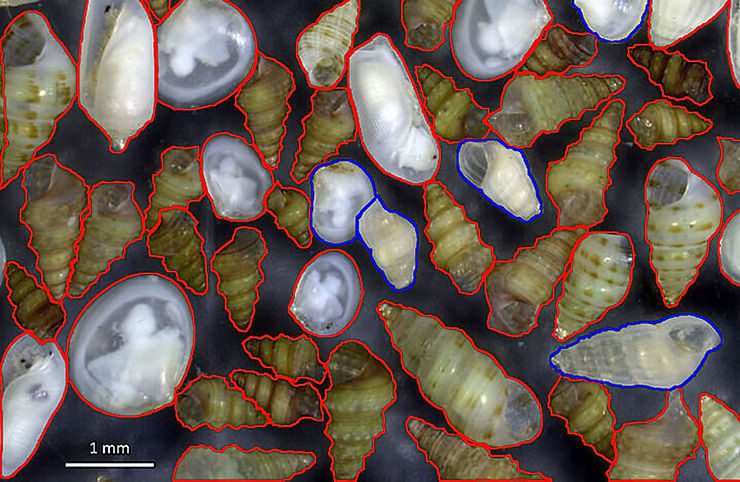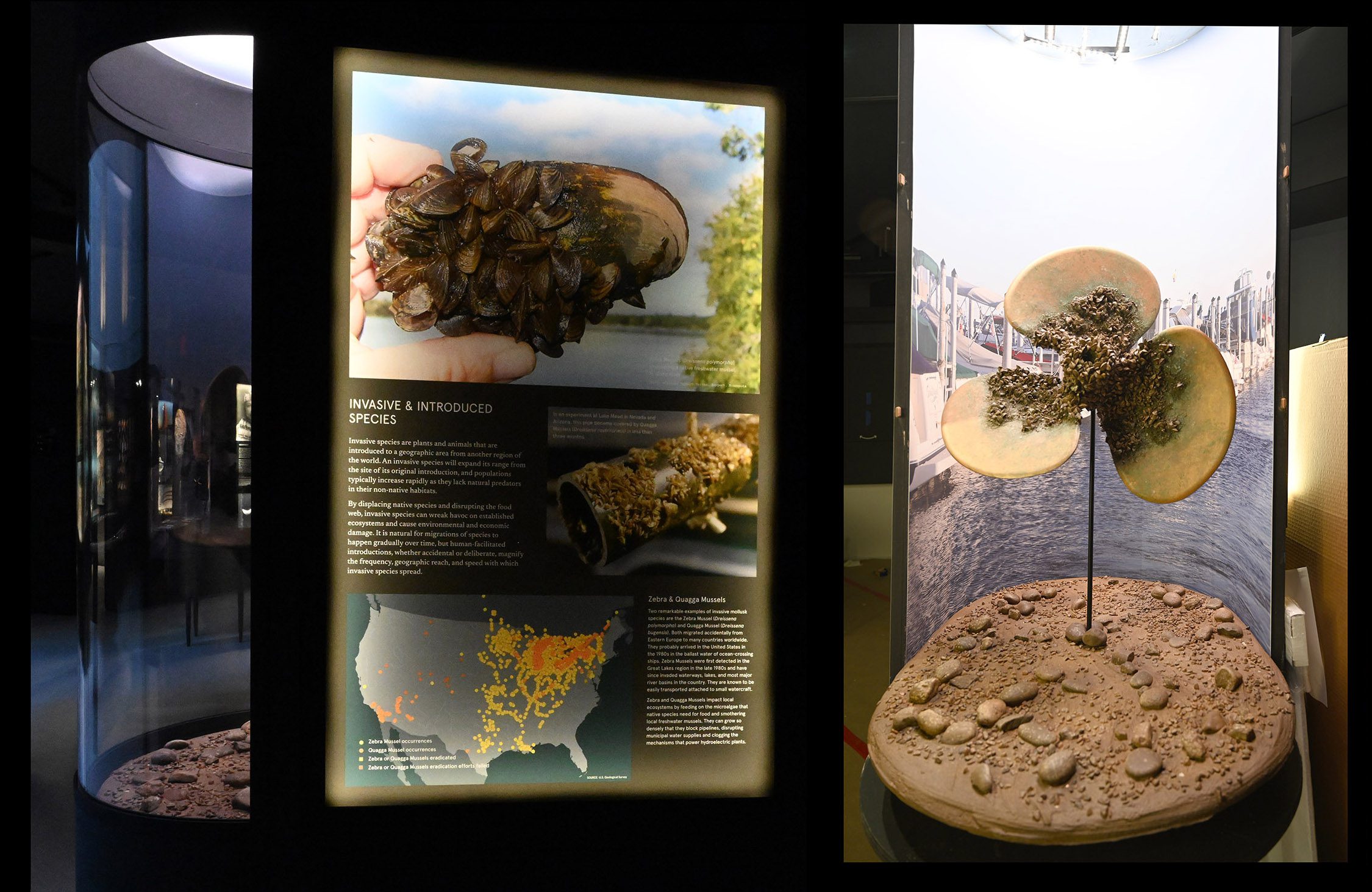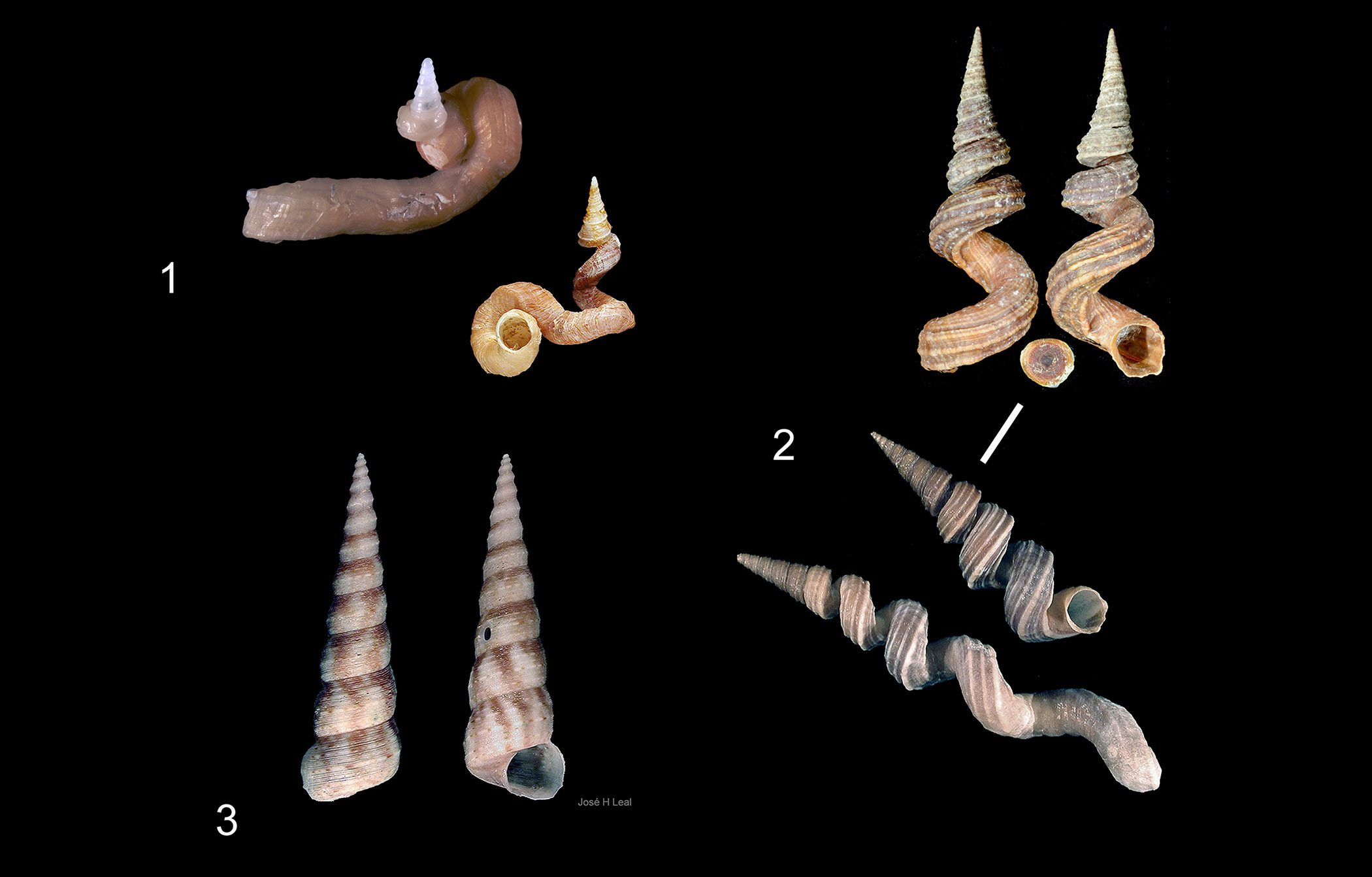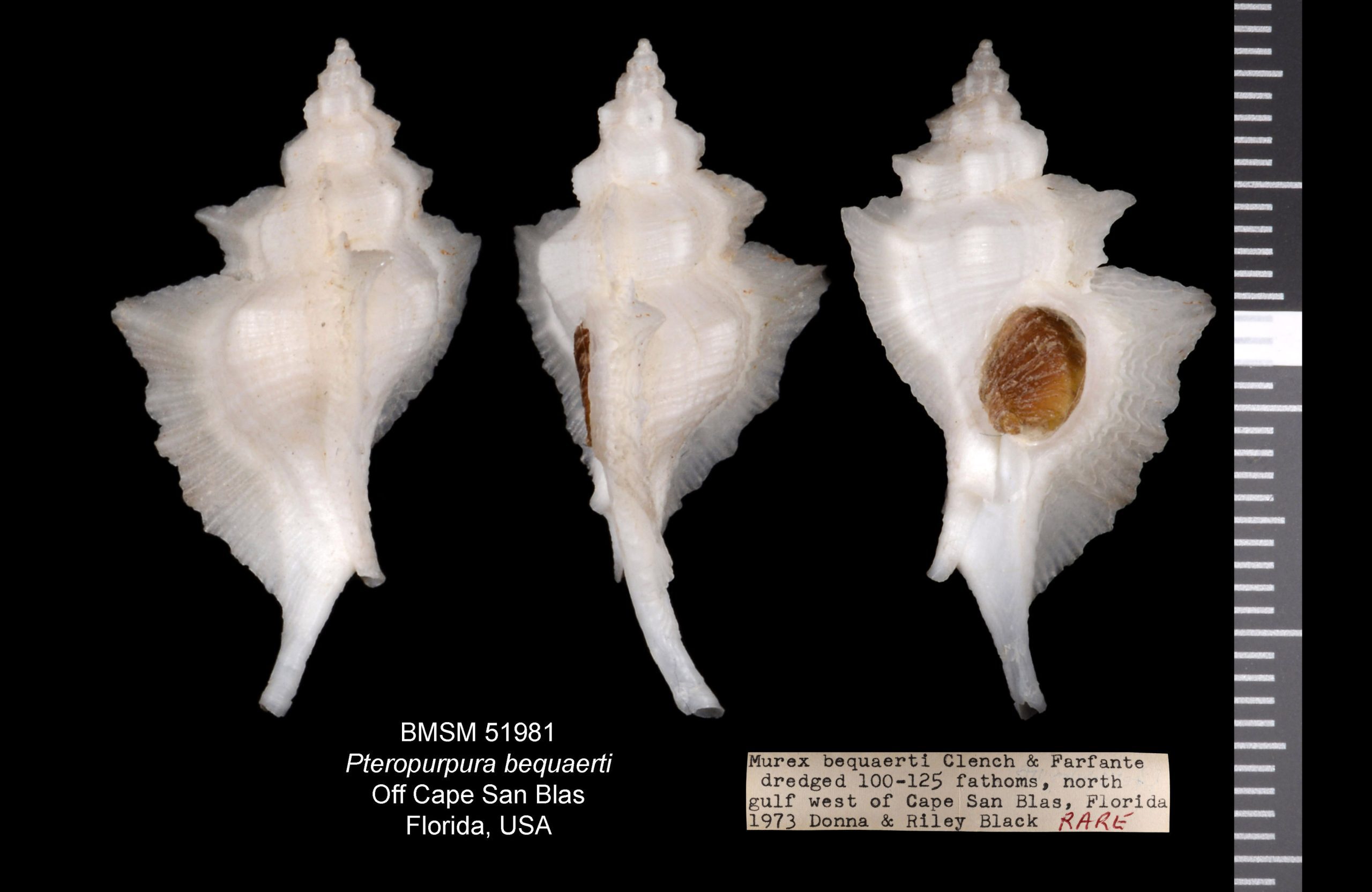The question of how mollusks respond to climate change often comes up in interactions with our audience and the community in general. As temperatures gradually rise, researchers are investing more time and effort interpreting the effects of those changes onto biodiversity patterns in plants and animals. And mollusks are not an exception. For instance, in a compelling paper recently published in the Proceedings of the Royal Society B: Biological Sciences, Paolo Albano and his collaborators have shown such effects in shallow-waters of the eastern Mediterranean Sea. The current numbers of traditionally local species of marine mollusks have declined historically when compared to tropical, warm-water tolerant, invasive species that have arrived in the region from the Red Sea via the Suez Canal.
Shells are hard structures that preserve well when buried in sand or mud, forming the so-called “death assemblages” of marine geologists. By comparing the numbers of living, current species with nearby death assemblages, Albano and collaborators have shown, for instance, that only 12% of the soft-bottom species originally present in historical times remain in their area of study. The authors conclude that, although other factors such as pollution and invasive species may be playing a role in the eradication of those molluscan populations, the large numbers of lost species indicate that the overall trend observed is most likely caused by warming in sea temperatures. Read the paper here.

In an offshore sample from southern Israel, there are more invasive mollusks than not: in red, species of Red Sea origin, in blue, those of Mediterranean origin. Native species are very few. Credit: © Paolo Albano
#mollusks #globalwarming #climatechange #israel #easternmediterranean #suezcanal #redsea


